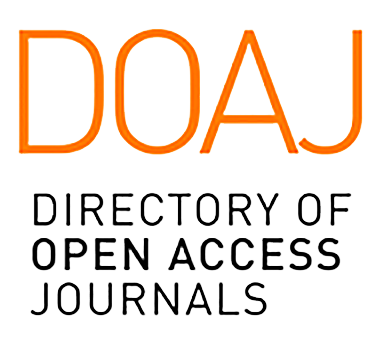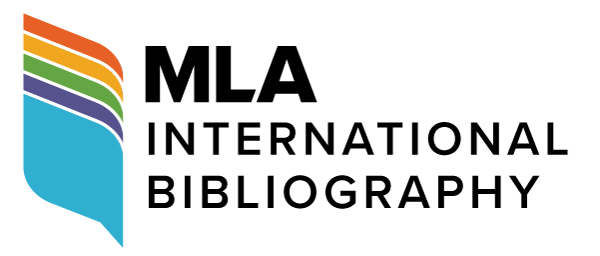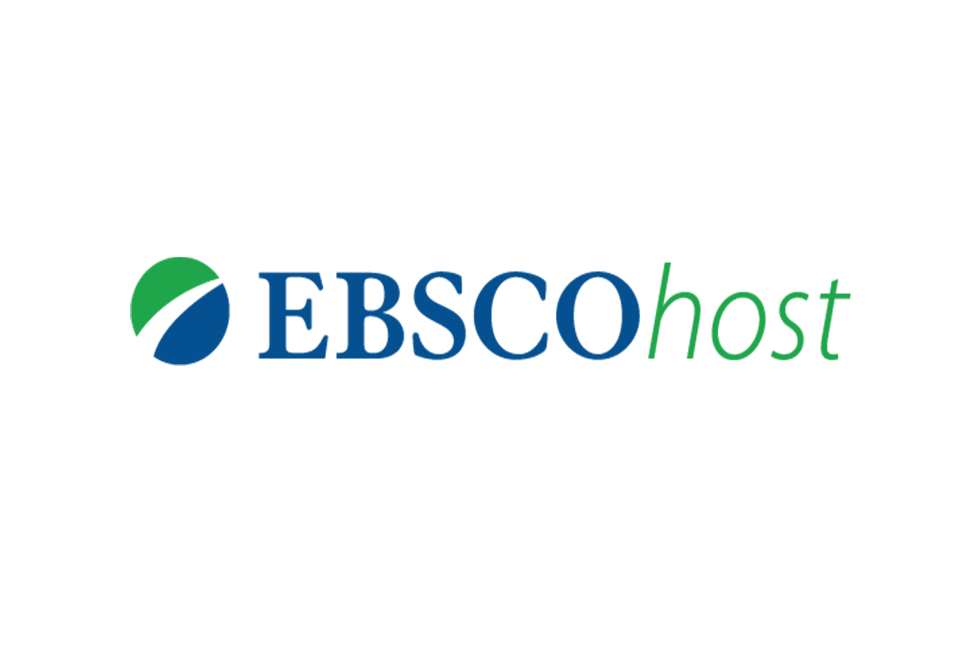2790-9441






MLA International Bibliography
MLA Directory of Periodicals
ProQuest
CrossRef
Google Scholar
Gale-Cengage
ROAD
Xiaolin Xie
Northeastern University, China
“Python-based Corpus Translation - Data Analysis and Theoretical Exploration”, authored by Xinchao Guan (Shanghai Jiaotong University) and Xiaolei Lu (Xiamen University), published by Shanghai Jiaotong University Press, responds to the interdisciplinary integration in the context of artificial intelligence. In general, this book aims to provide theoretical insights and technological innovation in the direction of corpus translation based on Python programming language, which involves the corpus translation in both the academic field and the business industry.
As is known to all, machine translation in the field of corpus translation has access to most applications but the quality needs to be improved in certain scenarios. In addition, corpus translation has witnessed the lack of corpus retrieval and analysis tools, inconsistency of software coding format, insufficient accuracy of term extraction, and problems in the integration and application of technical tools. And that’s where Python has a role to play. As an independent and powerful programming tool, Python can be and should be integrated into related research and practice of corpus translation with loads of advantages especially compared with other similar third-party tools. In fact, it is this very book carried with the academic research that narrows down the complicated functions of Python into the fields of language-corpus translation which make it possible, vivid and beneficial to most readers.
Although several python-and-translation related books that are relevant to corpora have been published recently around the world, the contribution of "Python-based Corpus Translation" is unique in at least three ways. First, it not only gives the steps of Python programming for free, but also shares the pedagogy of integrating translation technology into translation classes. Second, the book provides a wide variety of first-hand Chinese to English and English to Chinese translation models based on a large amount of translation teaching, translation theory research and students' translation practice in law, politics, literature and other fields, which are especially friendly to readers who are seeking for eye-opening ideas, cases and tools. Third, this book compares alternative approaches and describes the limitations of different methods of corpus translation.